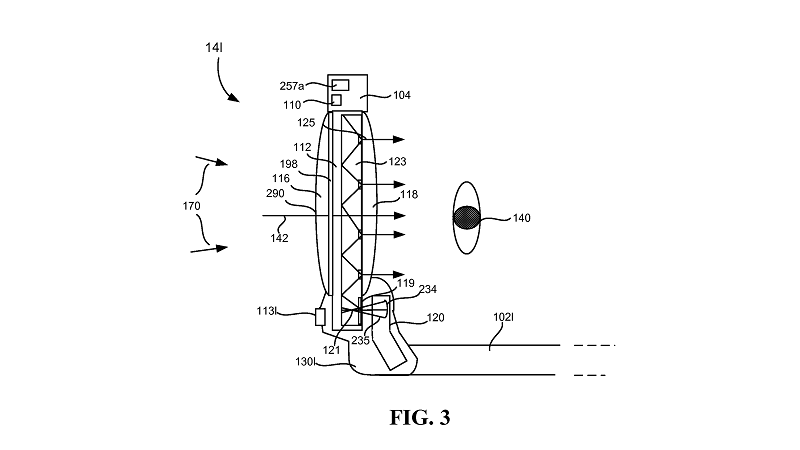Latest Microsoft patents can turn Hololens Augmented Reality into Virtual Reality glasses
2 min. read
Published on
Read our disclosure page to find out how can you help MSPoweruser sustain the editorial team Read more
Microsoft’s Hololens is at present leading the augmented reality race, having just started pre-orders for the Developer Kit. It seems however that most of the other companies in the field are betting on Virtual Reality headsets, including Google’s cardboard, Facebook’s Oculus Rift and HTC’s Vive.
With a new patent Microsoft is hoping buyers will not have to choose.
Microsoft has applied for a patent for a head-mounted display with an electrochromic dimming module which would switch glasses on demand from augmented to virtual reality.
The description notes:
HEAD-MOUNTED DISPLAY WITH ELECTROCHROMIC DIMMING MODULE FOR AUGMENTED AND VIRTUAL REALITY PERCEPTION
2016-02-26
The technology provides a dimming module for a near-eye display, NED, device that controls an amount of ambient light that passes through the transmissive near-eye display to a user. The dimming module includes at least one electrochromic cell that enables variable density dimming so that the NED device may be used in an augmented reality (AR) and/or virtual reality (VR) application. The electrochromic cell may be a monochrome electrochromic cell having stacked layers of a monochrome electrochromic compound layer and insulator sandwiched between a pair of transparent substrates and conductors . A current may be applied to the conductor layers to control the amount of dimming in response to a dimming value. A NED device having a dimming module may be included in a visor , or other type of head-mounted display, HMD . The dimming module may be flat and supported by a flat waveguide mount in the user’s field of view.
The technology will let users block out the external view at the flip of a switch, switching from adding information to the real world to being immersed into a virtual one.
The current Hololens design is finalized as far as we know, so we do not expect to see this in this generation of glasses, but a future version with an even wider field of view is likely to benefit from this new feature.









User forum
10 messages